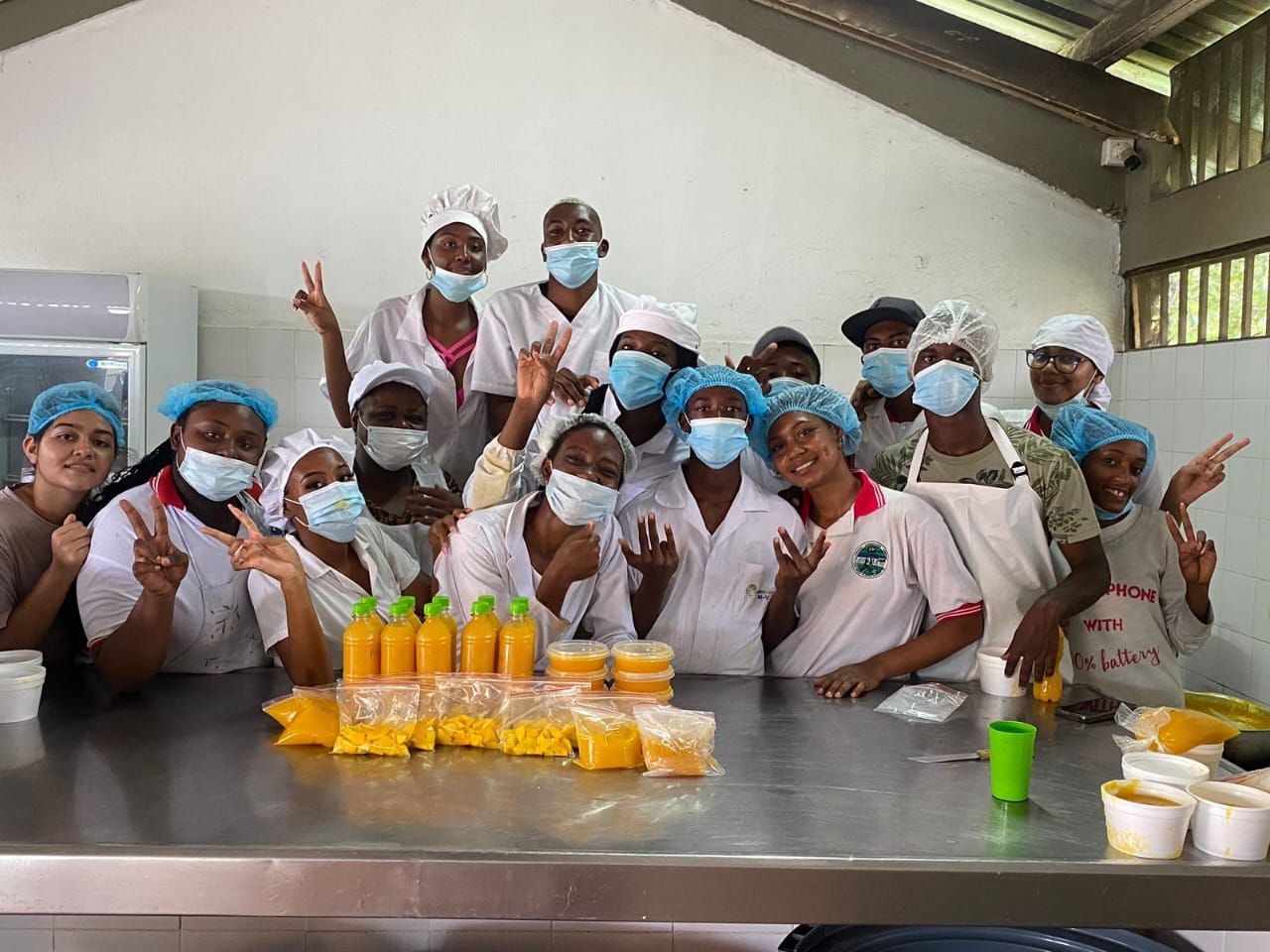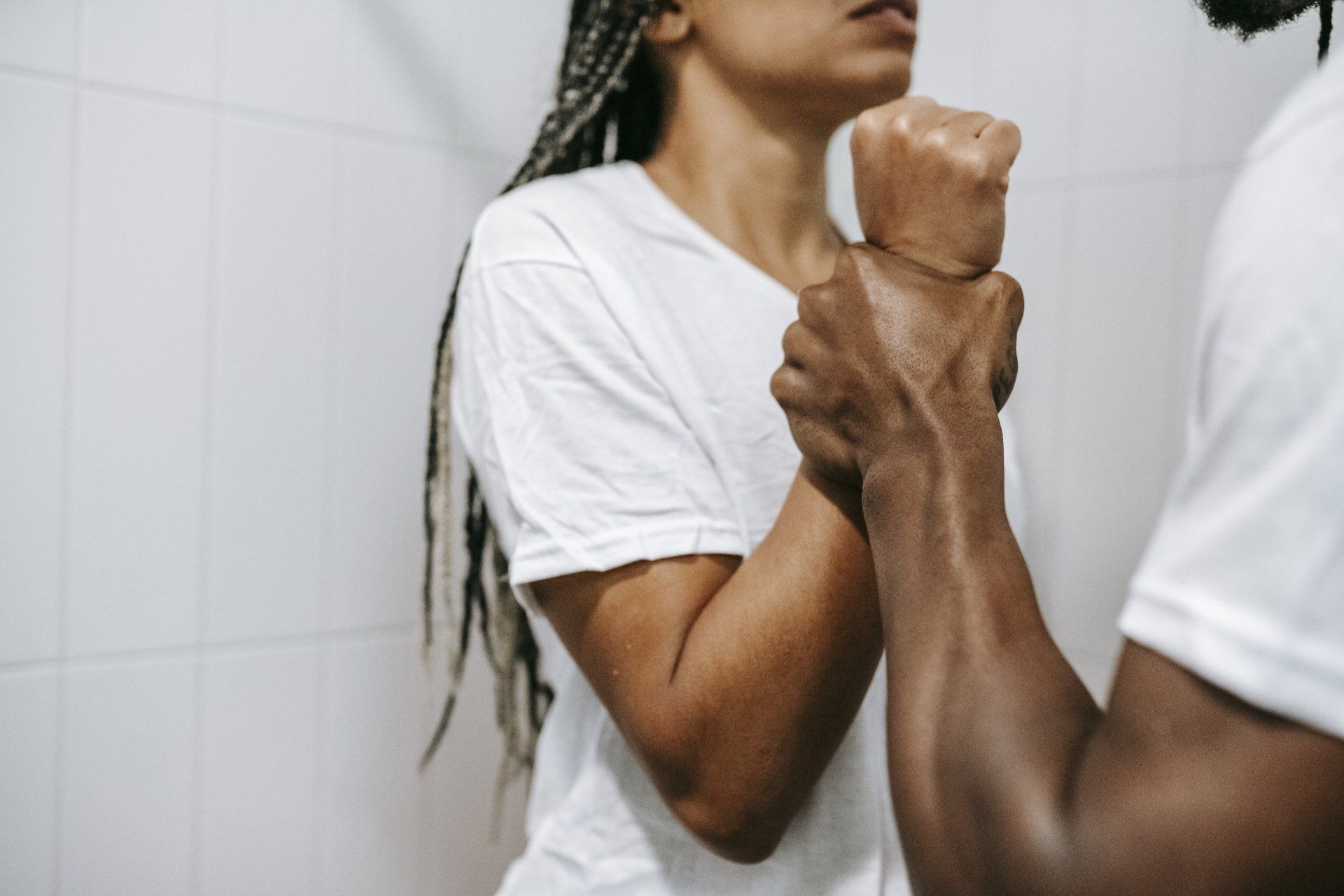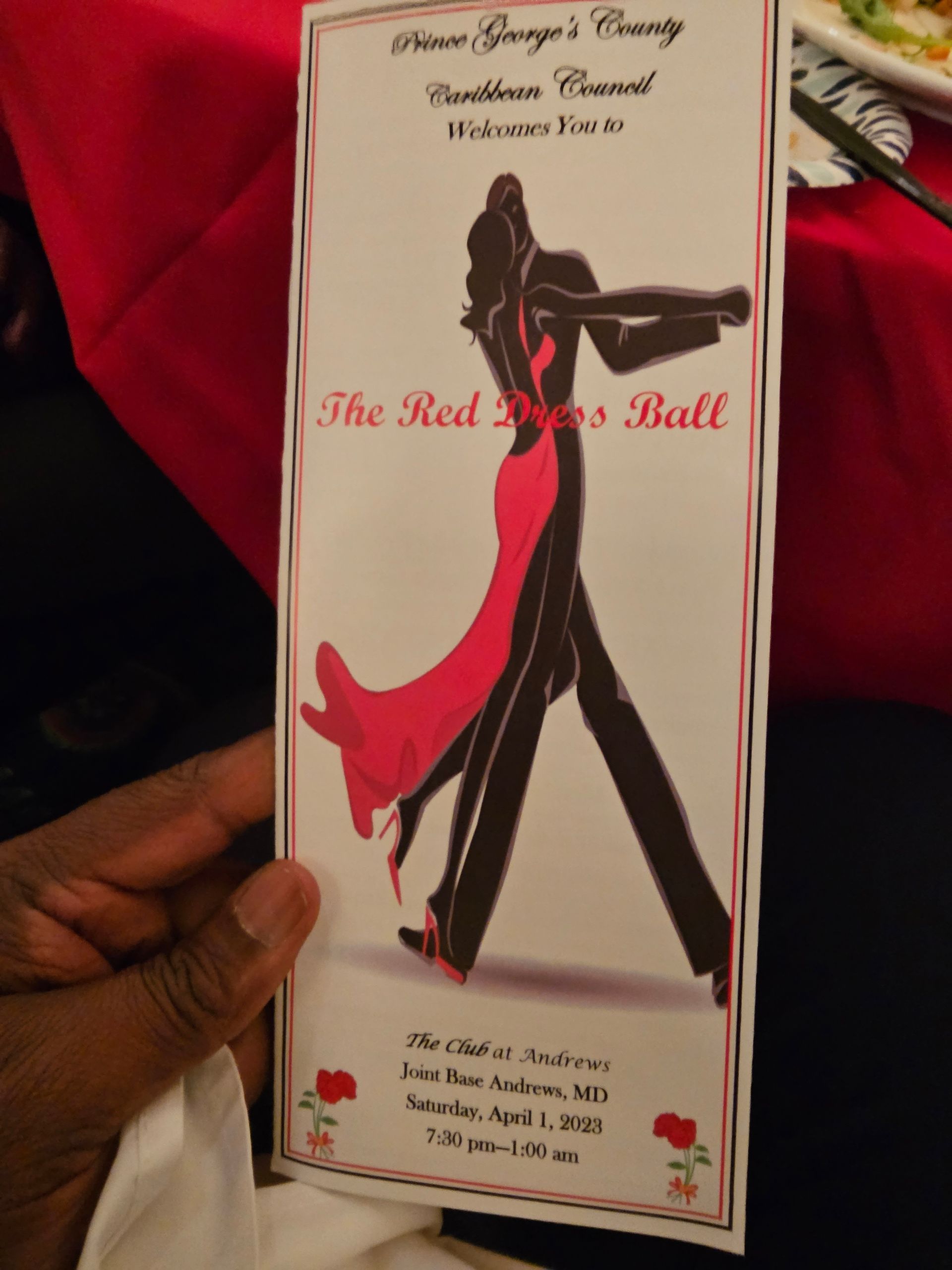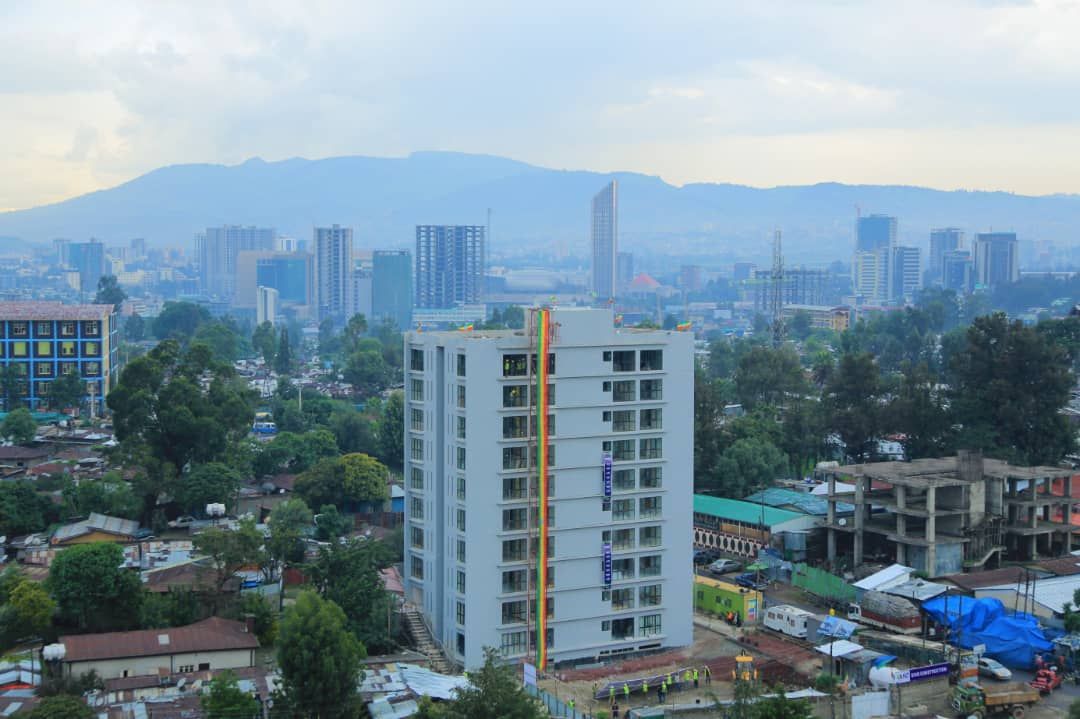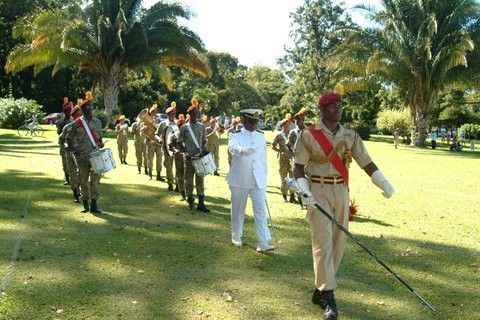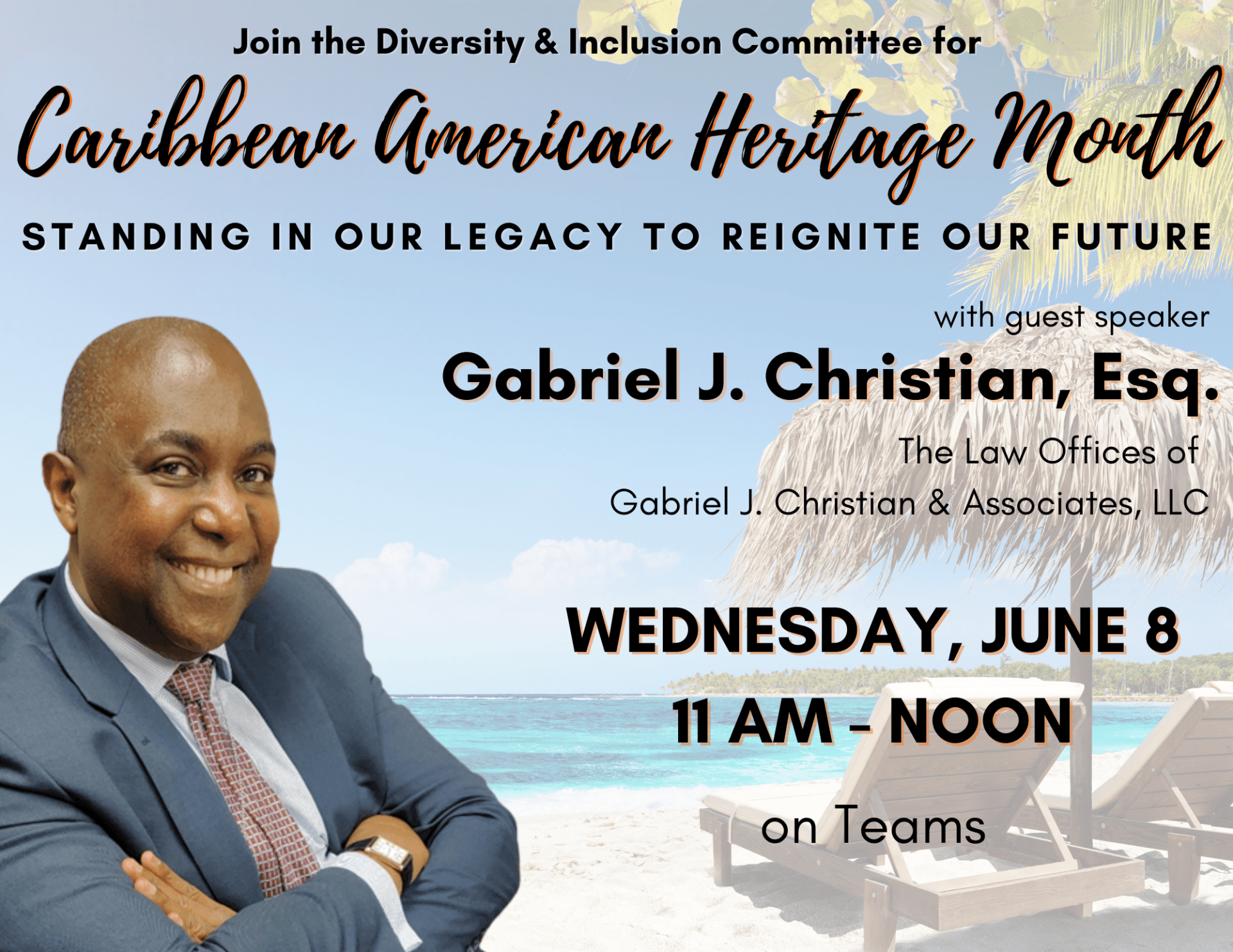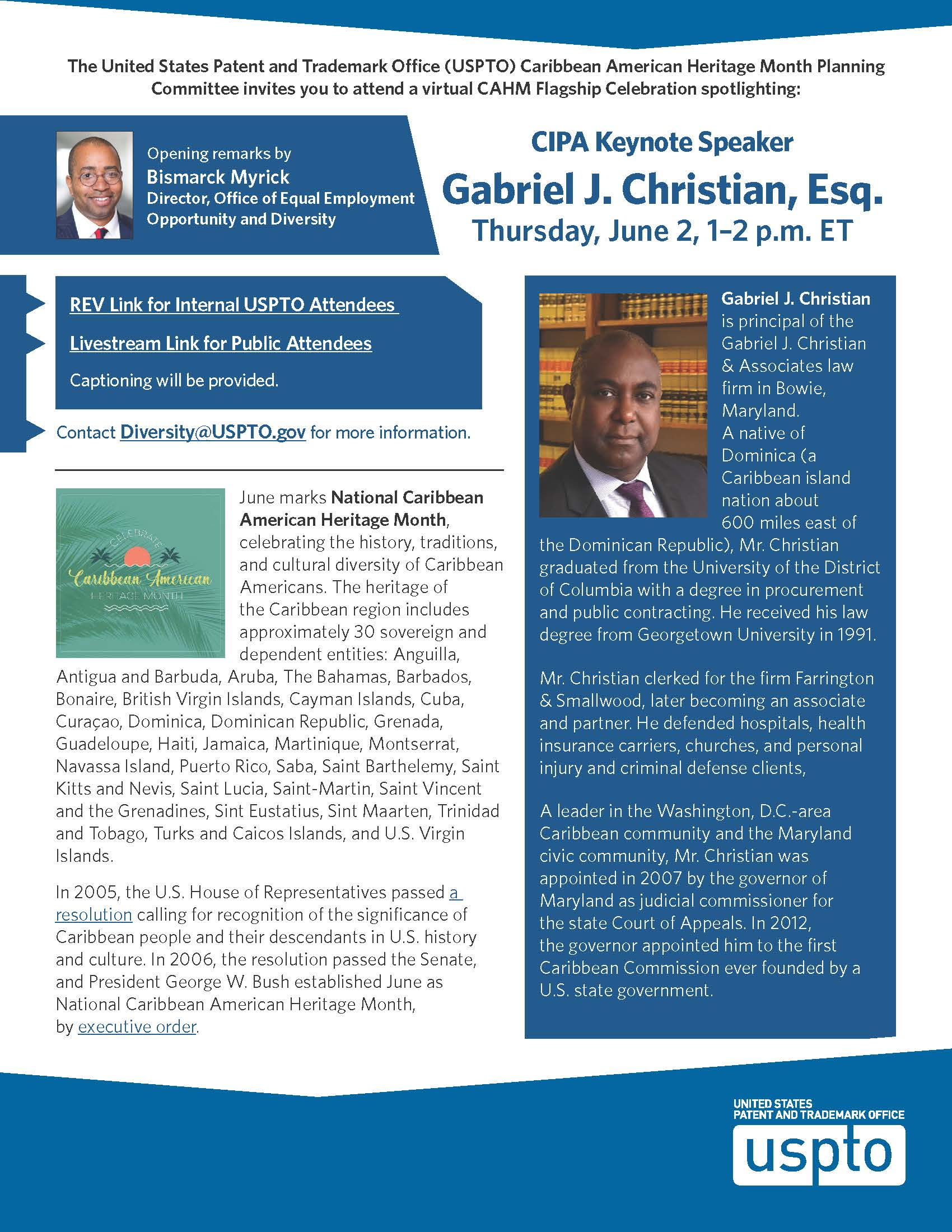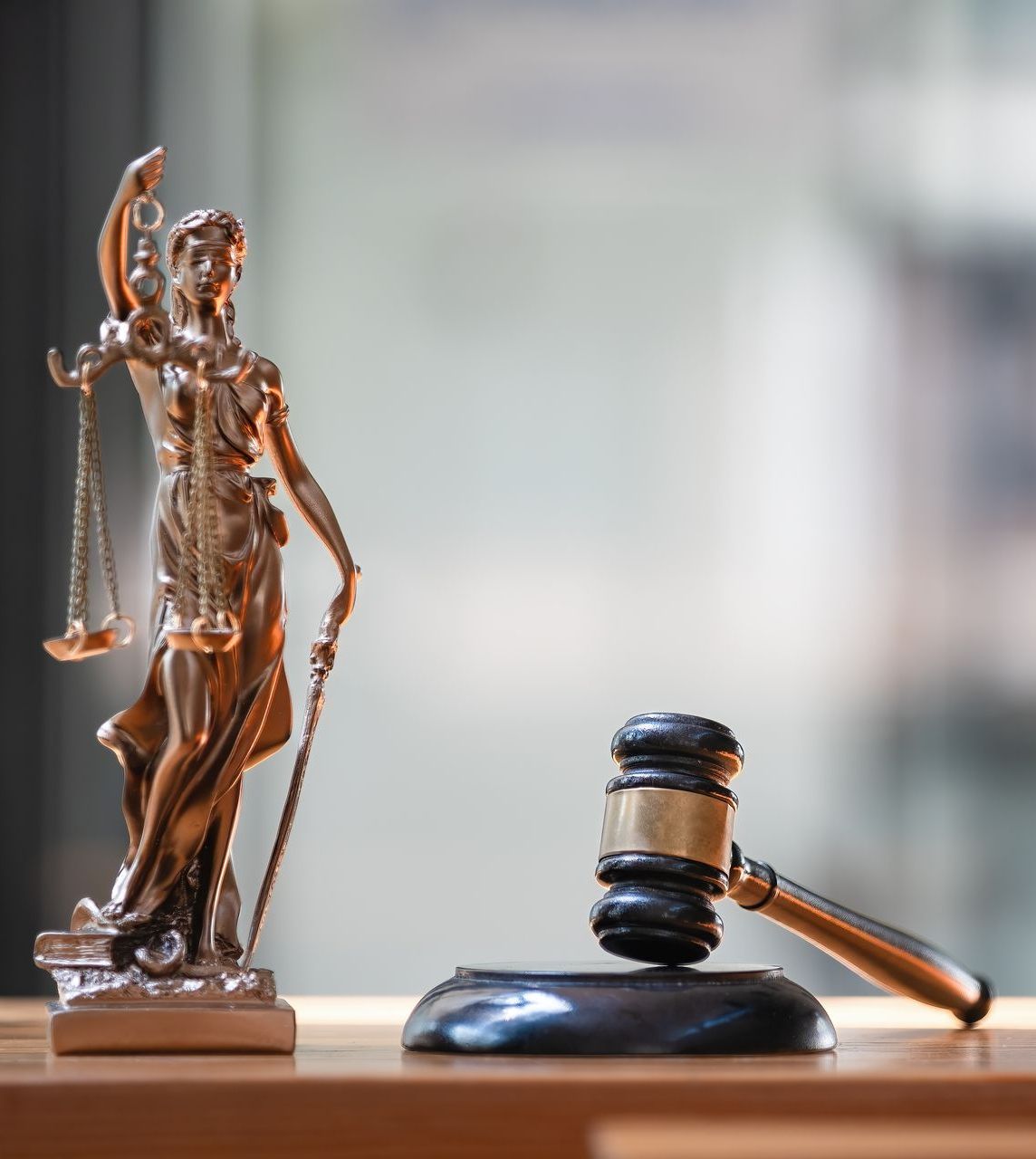01 Aug, 2019
Police officers generally have broad powers to carry out their duties. The Constitution and other laws, however, place limits on how far police can go in trying to enforce the law. As the videotaped beating of motorist Rodney King, in Los Angeles' and several recent cases in – to include the recent indictment of a Maryland police officer for viciously assaulting an innocent citizen with his service pistol, police officers sometimes go too far, violating the rights of citizens. When this happens, the victim of the misconduct may have recourse through federal and state laws. A primary purpose of the nation's civil rights laws is to protect citizens from abuses by government, including police misconduct. Civil rights laws allow attorney fees and compensatory and punitive damages as incentives for injured parties to enforce their rights. Overcoming Immunity Being stopped and questioned by police in connection with a crime is an unsettling experience for most anyone. As long as the officer is performing his job properly, however, there is no violation of a suspect's rights. In fact, police are immune from suit for the performance of their jobs unless willful, unreasonable conduct is demonstrated. Mere negligence, the failure to exercise due care, is not enough to create liability. Immunity therefore means that in the typical police-suspect interaction, the suspect cannot sue the police. Civil rights remedies come into play for willful police conduct that violates an individual's constitutional rights. Civil Rights Laws and Police Misconduct A statute known as Section 1983 is the primary civil rights law victims of police misconduct rely upon. This law was originally passed as part of the Civil Rights Act of 1871, which was intended to curb oppressive conduct by government and private individuals participating in vigilante groups, such as the Ku Klux Klan. It is now called Section 1983 because that is where the law has been published, within Title 42, of the United States Code. Section 1983 makes it unlawful for anyone acting under the authority of state law to deprive another person of his or her rights under the Constitution or federal law. The most common claims brought against police officers are false arrest (or false imprisonment), malicious prosecution, and use of excessive or unreasonable force. False Arrest The claim that is most often asserted against police is false arrest. Persons bringing this claim assert that police violated their Fourth Amendment right against unreasonable seizure. If the officer had probable cause to believe the individual had committed a crime, the arrest is reasonable and the Fourth Amendment has not been violated. Police can arrest without a warrant for a felony or misdemeanor committed in their presence. (Some states also allow warrantless arrests for misdemeanor domestic assaults not committed in the officer's presence.) Even if the information the officer relied upon later turns out to be false, the officer is not liable if he believed it was accurate at the time of the arrest. To prevail on a false arrest claim, the victim must show that the arresting officer lacked probable cause, that is, facts sufficient to cause a reasonable person to believe that a crime had been committed. Malicious Prosecution A malicious prosecution claim asserts that the officer wrongly deprived the victim of the Fourteenth Amendment right to liberty. To win this type of claim, the victim must show four things: 1) the defendant police officer commenced a criminal proceeding; 2) the proceeding ended in the victim's favor (that is, no conviction); 3) there was no probable cause; and 4) the proceeding was brought with malice toward the victim. As with false arrest, this claim will fail if the officer had probable cause to initiate criminal proceedings. Excessive Force Excessive force claims receive the most publicity, perhaps because the results of excessive force seem the most outrageous, involving serious physical injury or death. Whether the officer's use of force was reasonable depends on the surrounding facts and circumstances. The officer's intentions or motivations are not controlling. If the amount of force was reasonable, it doesn't matter that the officer's intentions were bad. But the reverse is also true: if the officer had good intentions, but used unreasonable force, the excessive force claim will not be dismissed. Failure to Intervene Officers have a duty to protect individuals from constitutional violations by fellow officers. Therefore, an officer who witnesses a fellow officer violating an individual's constitutional rights may be liable to the victim for failing to intervene. The Qualified Immunity Defense Defense attorneys representing a police officer for any of these claims will raise a defense of qualified immunity. This defense exists to prevent the fear of legal prosecution from inhibiting a police officer from enforcing the law. The defense will defeat a claim against the officer if the officer's conduct did not violate a clearly established constitutional or statutory right. In other words, the specific acts the officer prevented the individual from engaging in must be legally protected, otherwise there is no civil rights violation. In order to win a civil rights claim, an individual bringing a police misconduct claim must prove that the actions of the police exceeded reasonable bounds, infringed the victim's constitutional rights, and produced some injury or damages to the victim. Police Misconduct: If You Have Been Affect Civil rights claims are an important part of our legal system, providing a balance between the duty of law enforcement to uphold the laws, and the rights of individuals to be free from police misconduct. Yet cases against police officers can be difficult. Officers may be immune from suit, even though an individual feels he or she was mistreated. Claims against police departments can also be expensive to bring because a lot of evidence must be secured, including records, statements of police, statements of witnesses, and various other documentation, to prove the misconduct. The evidence supporting your claim is the most important element in a police misconduct suit. If you feel you have been the victim of police misconduct, contact our office promptly at 301-218-9400 so that we can act to protect your rights. If anyone in the area may have taken video, such film is critical to success. Many successful prosecutions of police misconduct arise from video evidence. Take photographs of any injuries or damage caused by the police, and set aside clothing or other objects that was torn or stained with blood from the incident. Try to get the names and addresses or telephone numbers of anyone who may have witnessed the incident. Also, write down exactly what happened as soon as you can, so that you don't forget important details.
